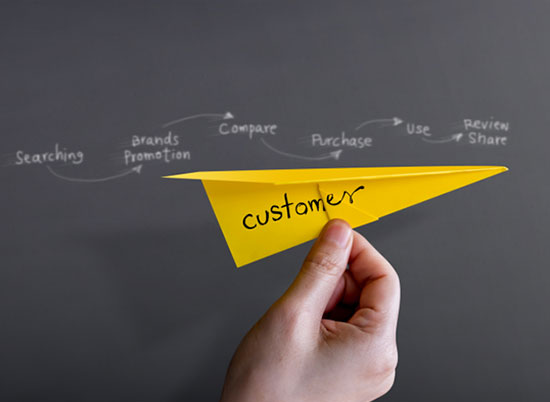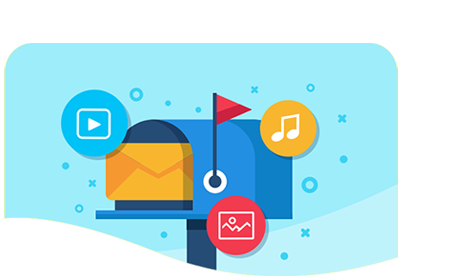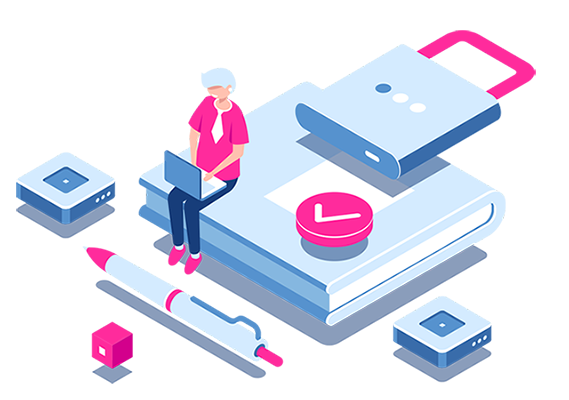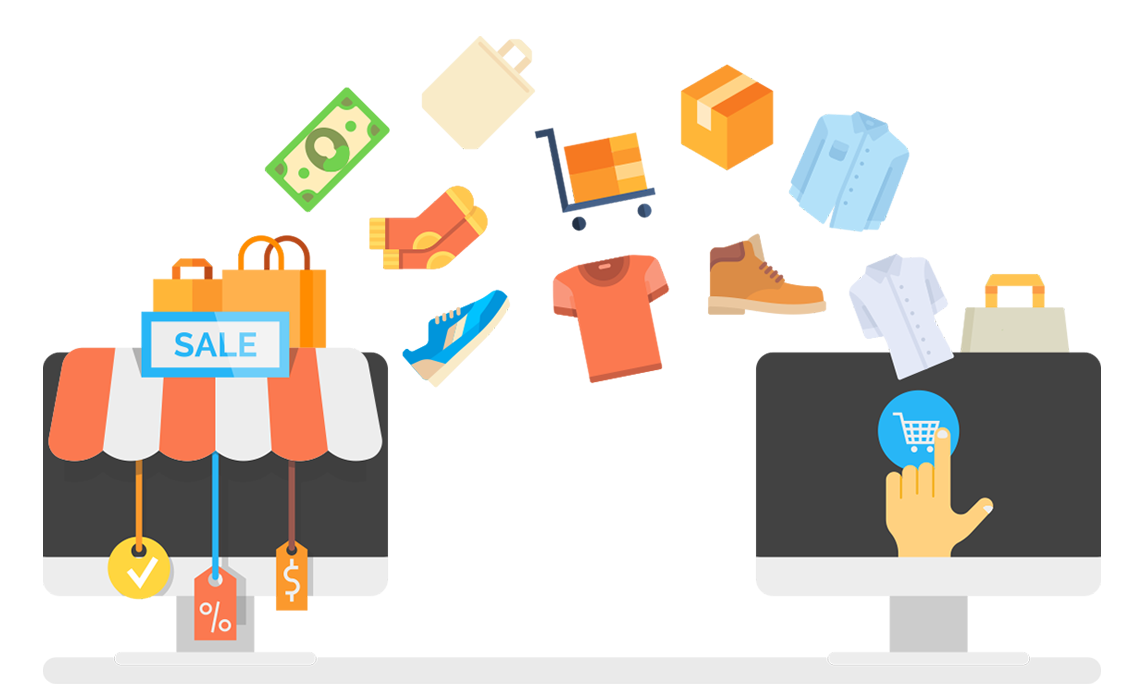Internet Security: True facts about Internet security you should know
Reliance on the Internet
Our lives are now extremely reliant on technology, from ordering food to ordering a cab to connect with our loved ones, and so on.
Because everything we need is in our hands in the form of apps for our smartphones, it’s reasonable to say that the Internet has progressed a lot in the form of mobiles development.
The Internet has now become a free advertising place where start-ups use SEO- based content to have free web traffic to get their products sold. Therefore, SEO services in Perth, Australia focus on achieving your digital marketing goals.
Selling and purchasing have gotten much easier because of the global marketplace, generally known as the Internet. All users might be considered potential clients, which was a difficult undertaking before the Internet to promote one’s products or services to such a large audience.
Researchers say that on average an individual spent around 10 hours on their cellular devices daily which is enough to indicate our reliance on the technology.

Is it safe?
With the trends, we are opting for and things we shop for on daily basis, all such basic information is accessible through social media accounts but is it safe? The data we provide so easily or the consent forms that we accept without even reading, is this all worthy enough?
Internet security
Cyber-security is quite a tricky subject to discuss upon. Many cyber attacks occur on daily basis making an individual wonder about how these things and what should one be careful with.
Let us discuss the facts of digital security and dissect this topic in detail;
1. New email
A data breach investigation report suggests that around 94% of the cyber breaches happen because of strange-looking emails. It is therefore suggested to avoid opening emails from unknown senders and having suspicious-looking content.
2. Price of cyber attacks
Many companies lose millions of dollars to cyber-attacks on daily basis. Aside from financial damages, 1,861 people are victims of cyber-attacks every minute, and hackers attack every 39 seconds, according to Maryland University. Small firms are also affected by these attacks and suffer damages financially.
It was stated by some researchers that the cost of cyber-attacks would have been around $6 trillion annually by the end of the year 2021.
3. Consent forms
Does anyone even read the consent or so-called privacy form that we come across on daily basis? I don’t think so! Few of us might have been cautious in this regard but not all. You will be amazed at what these forms entail. These may include information on selling or sharing your data with third parties.
4. Weak passwords
It has been observed that the most common reason for data theft is that people use weak passwords for their data protection.
Most commonly used are names of their pets, spouses, date of birth, etc., it is easier for hackers to track down these passwords so if anyone of you is following the same pattern, change it with immediate effect.
Safety rules
Cyber-security is important as it adversely impacts the SEO performance of the company so it is crucial to make security checks as part of your SEO strategy and SEO services in Perth, Australia emphasizes on SEO audit to have all these checks done at an earlier stage.
The following will guide you through the safety rules to follow to avoid getting into the trap of cyber attacks;
1. Provision of limited information:
It is always advised to provide personal information as minimum as possible. Your relationship status or home address is not required information for potential employers or consumers.
They must be aware of your skills and professional experience, as well as how to contact you. You wouldn’t give out solely personal information to strangers one-on-one, so why would you give it out to millions of people online?
2. Privacy settings
A lot of information can be leaked for your browsing activity and the things you share, like, and post on social media but you can be careful about it by protecting your privacy online as many web browsers and mobile operating systems have privacy settings available.
3. Downloads
It has been noted that strange stuff gets downloaded when you download free content from the websites. It can contain viruses that may compromise the productivity of your system as well as get your personal information too.
4. Online strangers
While using social networking websites, we are sometimes too negligent regarding the stuff we are posting and the people we are meeting on such platforms.
Fake profiles are very common these days so beware of the online friends you make before trusting them with any sort of personal information.
Final thoughts
Cybercriminals are interested in more than just stealing data. The majority of website cyber attacks are SEO-based. Hackers utilize a variety of strategies to change the content of a website after it has been hacked, such as generating new hidden web pages, adding outbound connections, displaying alternative information to search engines, and so on.
Cyber-security and SEO are connected in the development of a company’s online brand image. It is quite possible that if a website does not comply with the most recent security standards, it risks being banned by Google, as well as being subjected to spam attacks and dangerous bot activity.
These are the aspects that SEO services in Perth Australia focus on, and some businesses even try to start with a website assessment to see if there are any privacy leaks or other technical flaws that could later turn out to be detrimental to the company’s reputation.












































